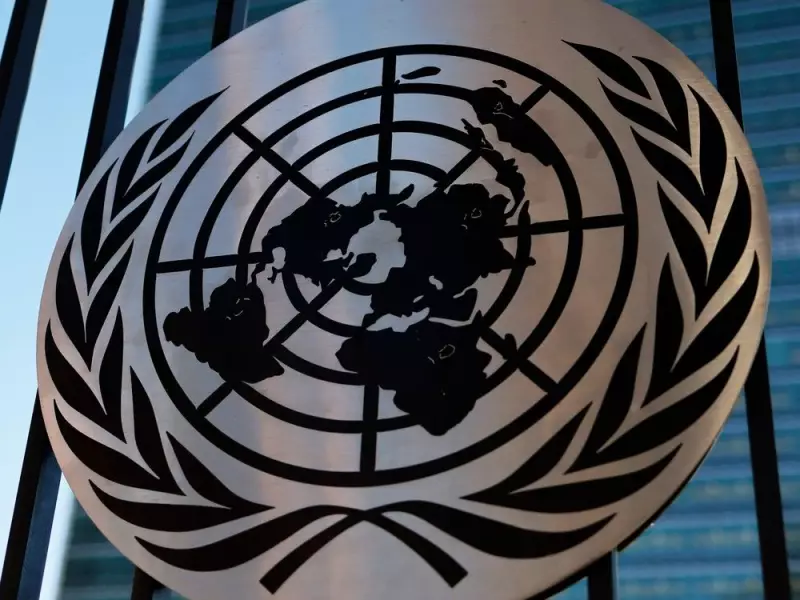
In a startling revelation that challenges the integrity of international diplomacy, the United Nations stands accused of maintaining what experts describe as an institutional addiction to unfairly targeting Israel. The pattern of behavior, detailed in a comprehensive analysis, suggests a systematic campaign of unfounded allegations that threatens to undermine the UN's credibility on the global stage.
The Pattern of Unsubstantiated Allegations
Multiple instances documented over recent years reveal a troubling trend where the United Nations appears to prioritize political narratives over factual accuracy when dealing with Israeli affairs. This institutional bias manifests through rushed condemnations, one-sided reports, and resolutions that frequently lack proper evidentiary foundation.
According to foreign policy experts, this approach not only damages Israel's international standing but also compromises the UN's ability to function as an impartial arbiter in Middle Eastern conflicts. The organization's repeated failure to apply similar scrutiny to other nations in the region raises serious questions about its operational consistency.
Impact on International Diplomacy
The consequences of this alleged bias extend far beyond bilateral relations. When a premier international organization repeatedly issues condemnations without sufficient cause, it creates several significant problems:
- Erosion of Credibility: Each unfounded accusation weakens the UN's moral authority
- Regional Instability: Unbalanced reporting fuels tensions rather than promoting peace
- Diplomatic Paralysis: Constructive dialogue becomes impossible when one party faces constant, unjustified criticism
- Diminished Effectiveness: The UN's ability to mediate genuine conflicts suffers when its impartiality is questioned
A Call for Reform and Accountability
Policy analysts argue that addressing this institutional bias requires more than temporary measures. Fundamental reforms are necessary to restore balance and objectivity to the UN's approach to Middle Eastern affairs. This includes implementing stricter verification processes for allegations, ensuring proportional attention to conflicts throughout the region, and establishing clearer accountability mechanisms for inaccurate reporting.
The current situation, as described by observers, represents not just a diplomatic challenge but a crisis of institutional integrity that demands urgent attention from member states committed to preserving the UN's founding principles of fairness and equal treatment for all nations.





